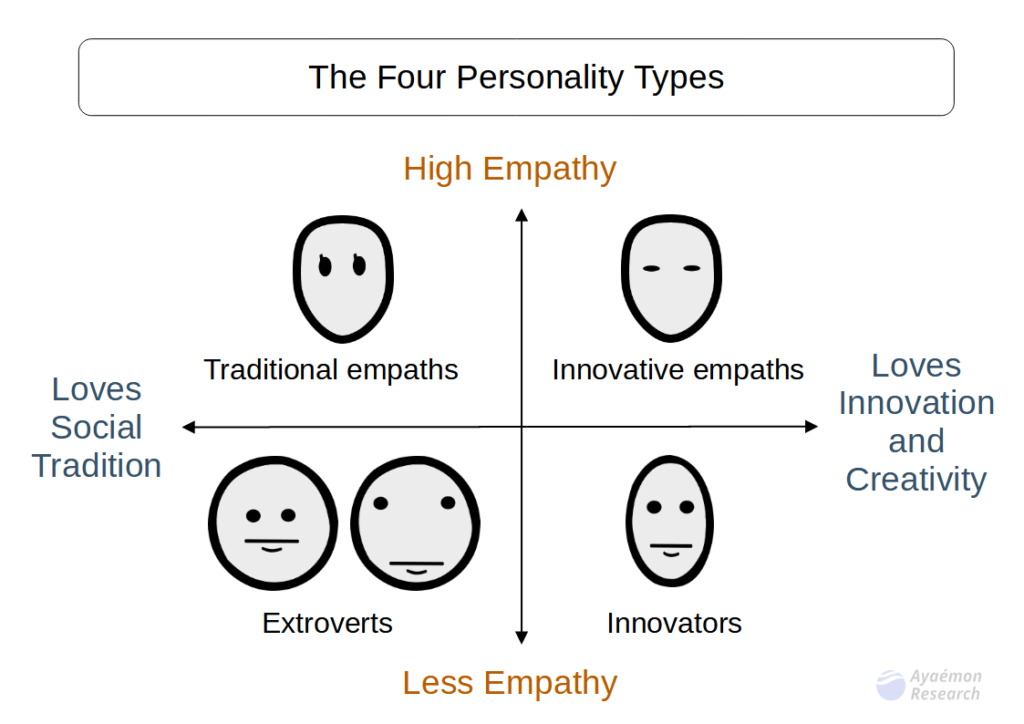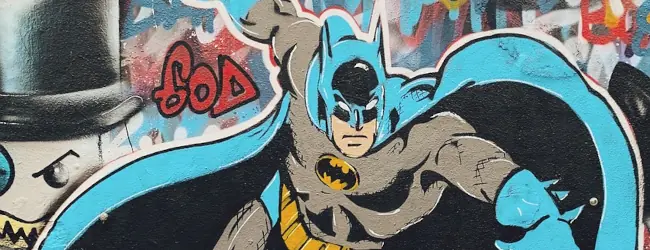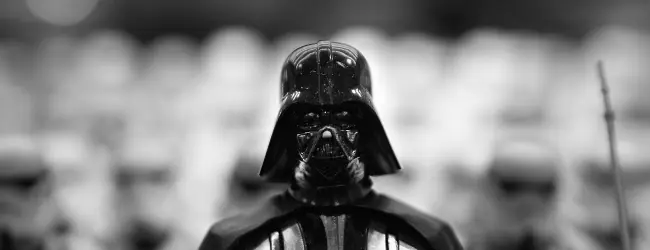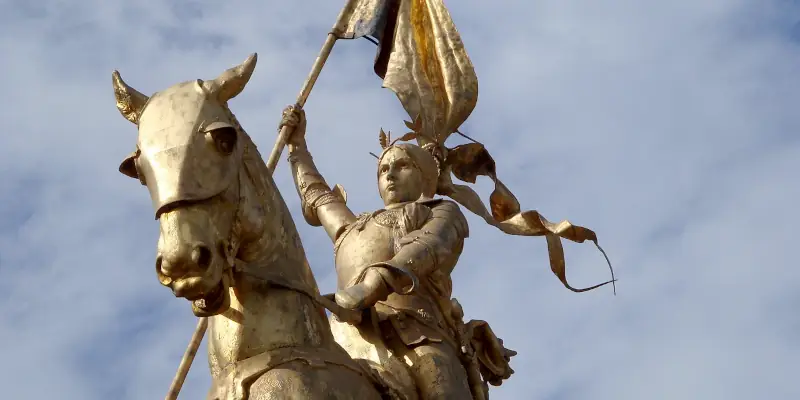Recently, I have talked about the attractiveness of innovative, empathic people. This article is the conclusion of that series. Today, I will wrap up this topic.
What is our attractiveness?
Sometimes, we want to know our attractiveness, especially when we don’t know our talents or possibilities. Even if we try to live the same way as our surroundings, our social life exhausts us. That makes us lose our confidence.
The typical strange personality is empathy accompanied by creativity. Empathy makes us feel other people’s negative emotions. In addition, it also creates many useless worries about the future. Creativity makes us feel like doing freely on our will. That makes it difficult for us to work in organizations. Those difficulties make us not know how to live.
In other words, we don’t know how to use our personality efficiently.

The hero stories tell us about the attractiveness of our personality. During a socially confused era, the heroes’ ideal is our personality.
Today, I will explain why our personality is suited for a socially confused era.
The four types of personalities
To explain it, I will introduce the four types of personalities that I frequently use in this blog, as shown in the following image:

The explanation of each personality
We classify our personalities into four types, as follows:
- Extroverts: They are the most suitable people for the stable period. They live only now, depend on their society, and don’t worry about the future. However, during a socially confused era, they tend to be short-lived.
- Traditional empaths: They are the people who live among extroverts and innovative empaths. During the stable period, they try to cooperate with extroverts. During a socially confused era, they try to follow innovative empaths.
- Innovative empaths: They are the most suitable people for a confused era. They can predict the future, prepare for it, and create new ways of living. However, they tend to be the most useless in a stable social life.
- Innovators: They are the people who live among extroverts and innovative empaths. During the stable period, they try to compete with extroverts to develop society. During a confused era, they try to follow innovative empaths.

Perhaps this blog’s readers tend to be innovative empaths. I am also one of the innovative empaths. Then, let me explain our attractiveness.
The ideal personality that hero stories imply
The heroes of hero stories often tell us about our attractiveness.
Hero stories are the ones in which the hero saves his society from social enemies or disasters. The heroes in those stories often wish for the ability of innovative empaths.
These heroes are often traditional empaths, with empathy without individuality. The hero belongs to his society and loves all the people living there. However, one day, enemies or disasters strike them. No one has the strength or skills to resist, including the hero and traditional power forces, such as the military or police.
In other words, they need a unique power to counter their enemies.

The hero accidentally gains a special power or skill at such a time. It leads him to save his society.
That power is the individuality that innovative people have. In other words, they want individuality to save people.
Dark heroes and righteous heroes
There are two types of heroes: dark heroes and righteous heroes.
The hero becomes a dark hero if he throws away his empathy. In other words, the hero accepts his inferiority complex toward innovators and behaves like an innovator. Usually, the enemies are innovators who try to break up society to satisfy their greed.
His anger drives him to take revenge on his enemies. He usually knows that he punishes evils based on his justice, even illegal ones. That is why the hero usually wears a mask to hide his identity.

He is not the ideal hero because his inferiority complex drives him. The hero is not mentally healthy. Revenge causes another revenge. A hate creates another hate. They have no choice but to continue fighting until one of them is destroyed.
Perhaps that is why people call them “dark heroes.”
The righteous heroes: the healthier ideals
On the other hand, there are righteous heroes. These heroes, who are traditional empaths, behave like innovative empaths. In other words, their healthy ideal is innovative empaths.
A righteous hero keeps his empathy. He can show his face because he doesn’t do anything against the law.

Sometimes, there is another metaphor. The hero’s special power often drains his life’s energy. Perhaps that is the metaphor that implies the innovative empath’s mental exhaustion. The hero has to manage those limits.
That is an example of the attractiveness of innovative empaths. Traditional empaths wish to be innovative empaths in a confused situation. It is a healthier way than being driven by an inferiority complex.
An example of a reincarnation story
There is another example that implies the attractiveness of innovative empaths. It is a reincarnation story.
It is a story in which the hero reincarnates into another character. He knows his ending.
For example, the hero is reborn as a character in the game world and retains the memories of his previous life. The hero is usually reborn as a character destined to be ruined, such as a villain or a villainess. The memories of the future drive the hero to live another way from his previous life.

Those memories of the future could be a metaphor for the ability of innovative empaths. Empathy based on logic allows people to predict the future. Innovative empaths can foresee, “If I were to keep this life, my future would be like this.” That allows them to change their current behavior.
The game character that the hero reincarnates is often a less empathic person, although there are many variations. The game character cannot predict his future due to a lack of either empathy or logical sense. That makes them ruinous in the future.
The hero overcomes it with his talent. He will have the power of an innovative empath. The two abilities—the game character’s individuality and the hero’s empathy—give the hero the perfect ability to break through. That ability helps him save himself and his world.
Our way of life
In both stories, the heroes come to have the talents of innovative empaths in a confused situation. Empathy based on logic gives them power in such a situation.
In other words, innovative empaths are better suited for crisis coping. It is not for being part of a social system.

Perhaps we have two ways to live, as follows:
- Being a part of society: We can contribute to society on the urban side. It is stressful, filled with an inferiority complex, and has less impact on society. However, we can feel the strong excitement caused by the inferiority complex.
- Seclusion in the countryside: We help weak people only in a confused era. We don’t participate in social conflicts or wars. This saves more people in the long term than being a part of society. A meditational life will be a pleasure during a stable period.
We can choose them freely. In my case, I lived the former way in the past. Now I am trying to live the latter, a seclusion life.
Conclusion
Perhaps the personality of innovative empaths is for a socially confused era.
That knowledge might help us to find our way of life.
Thank you for reading this article. I hope to see you in the next one.


